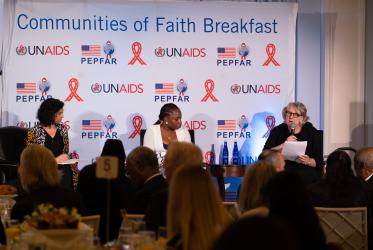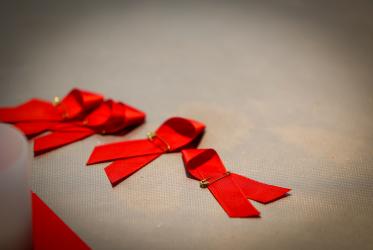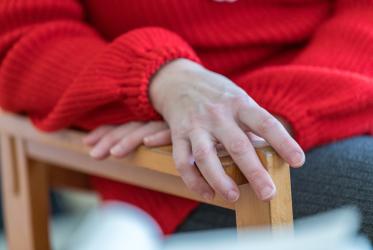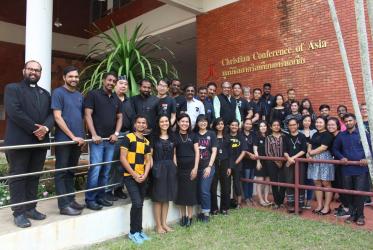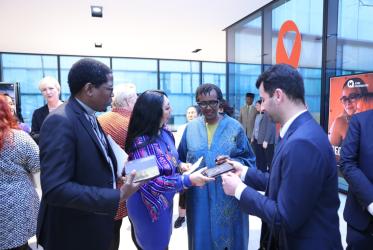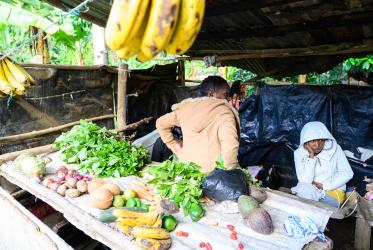Displaying 21 - 40 of 421
A Guidebook for Local Faith Communities
05 October 2023
Faith Sector Implementation of the Global AIDS Strategy
05 October 2023
WCC Eco-School for Europe and North America region
11 - 18 November 2023
Orthodox Academy of Crete, Greece
HIV and AIDS Civil Society Networks and the Faith Sector
Lessons Learnt from Strategic Engagement in India, Dominican Republic, Indonesia, and Jamaica
31 January 2023


